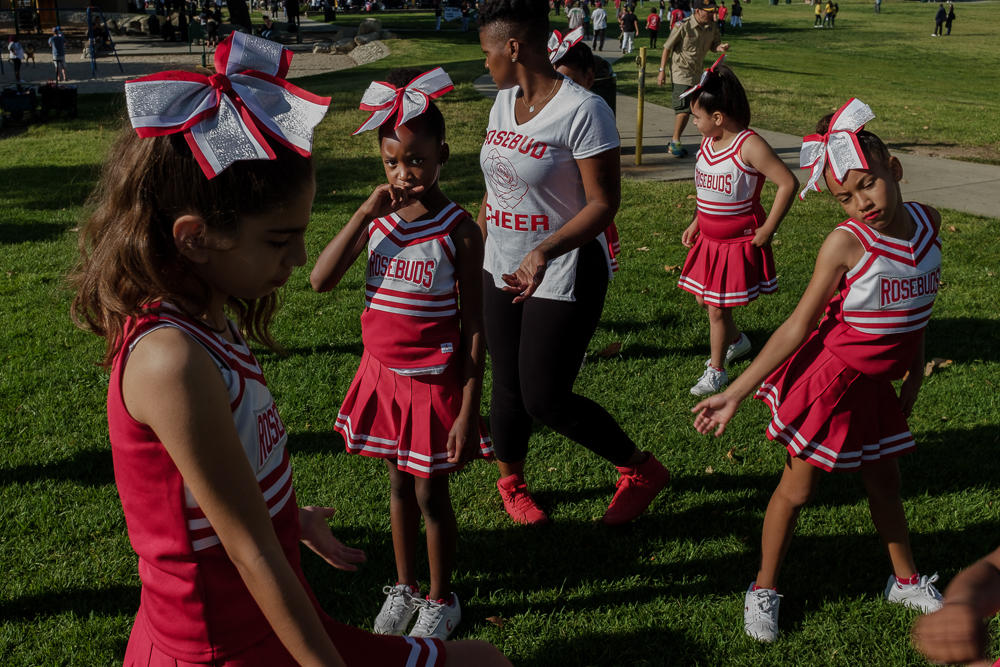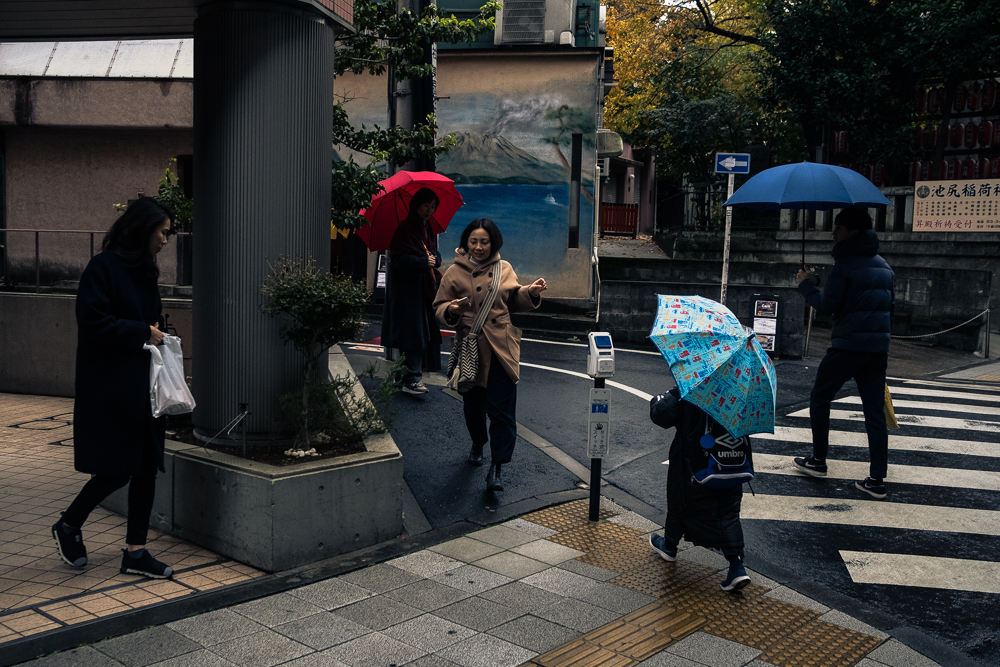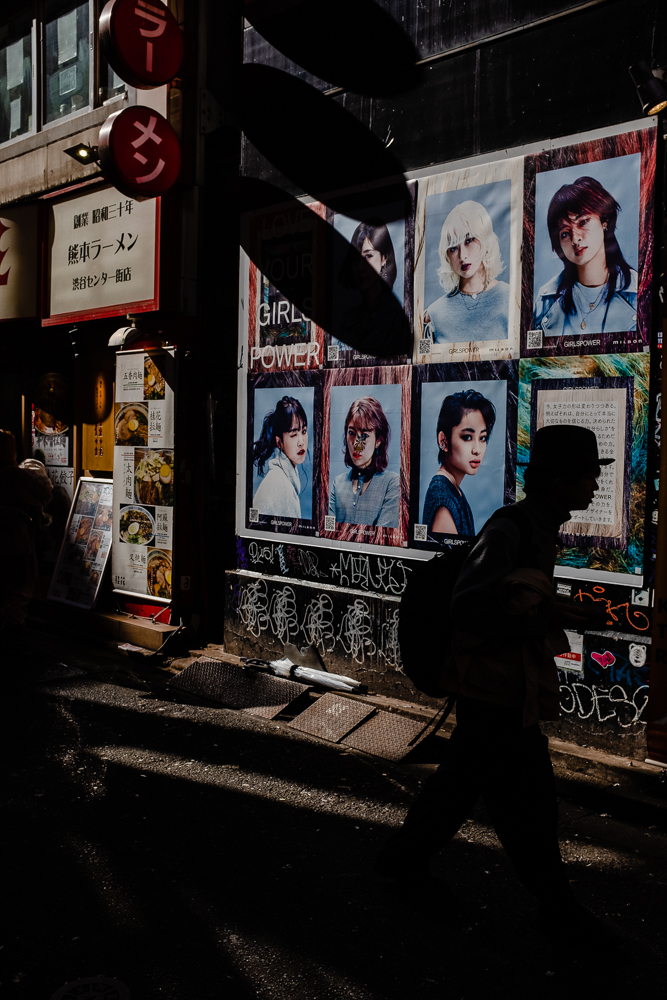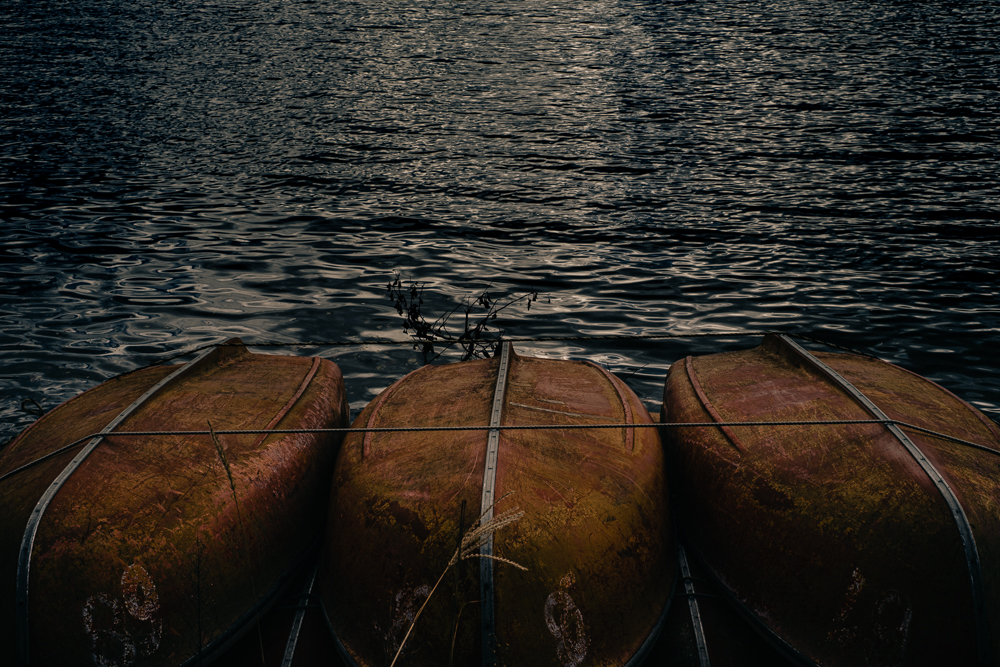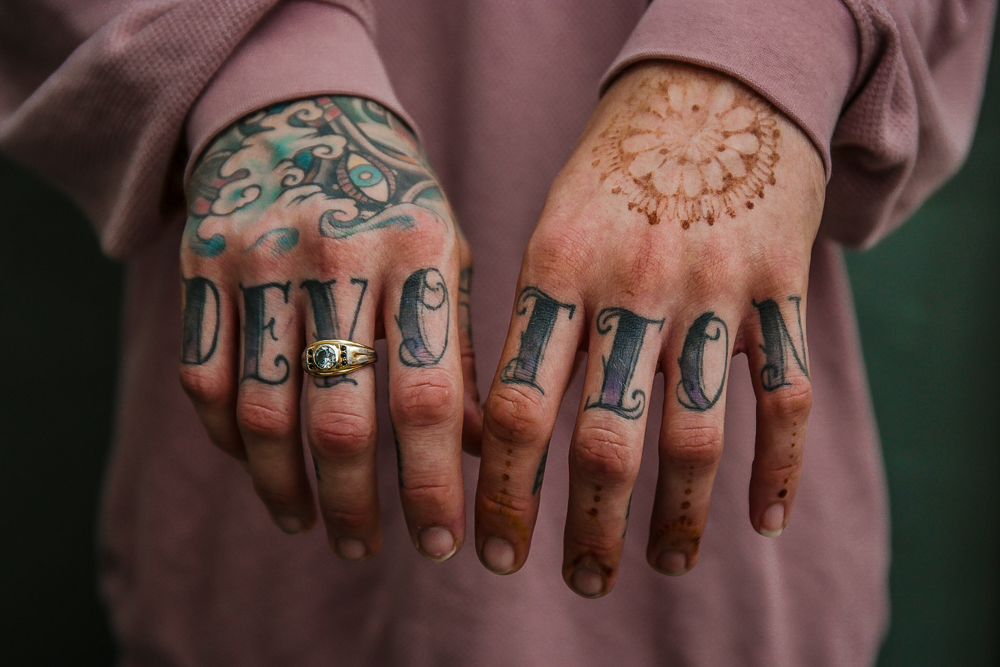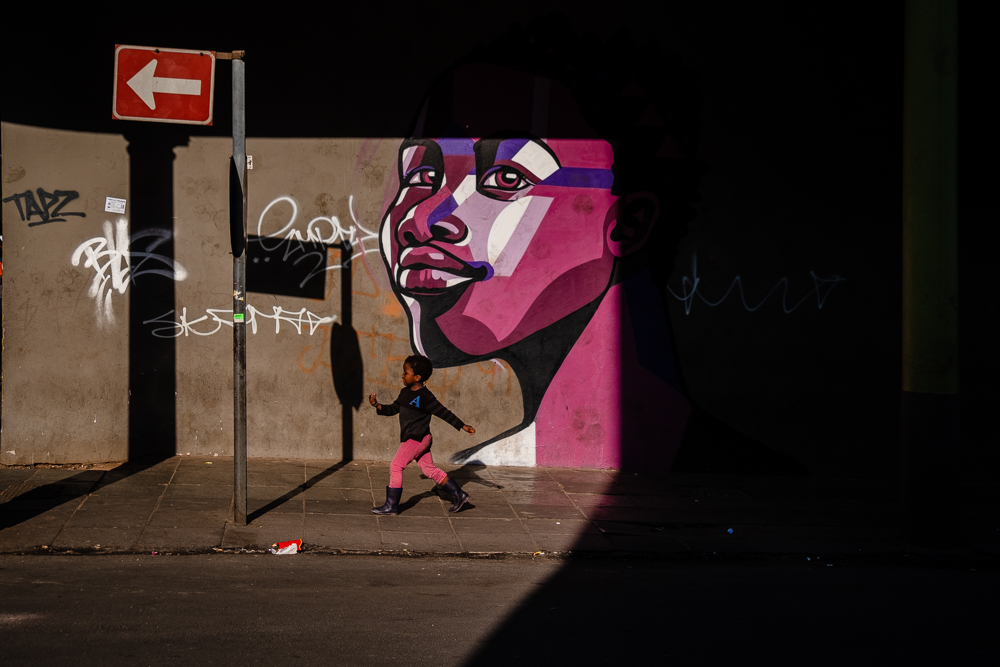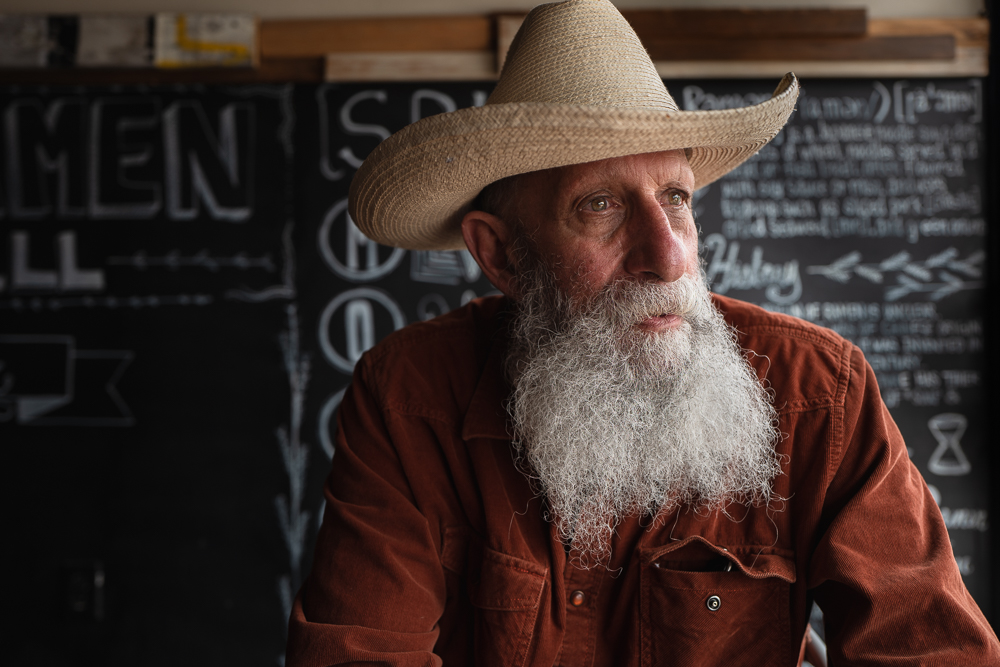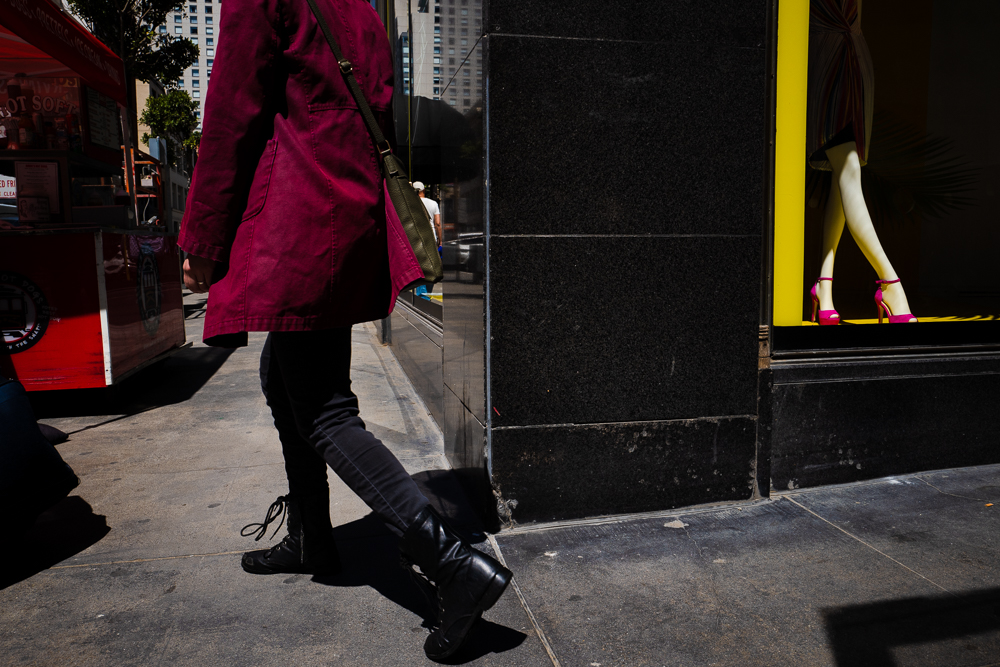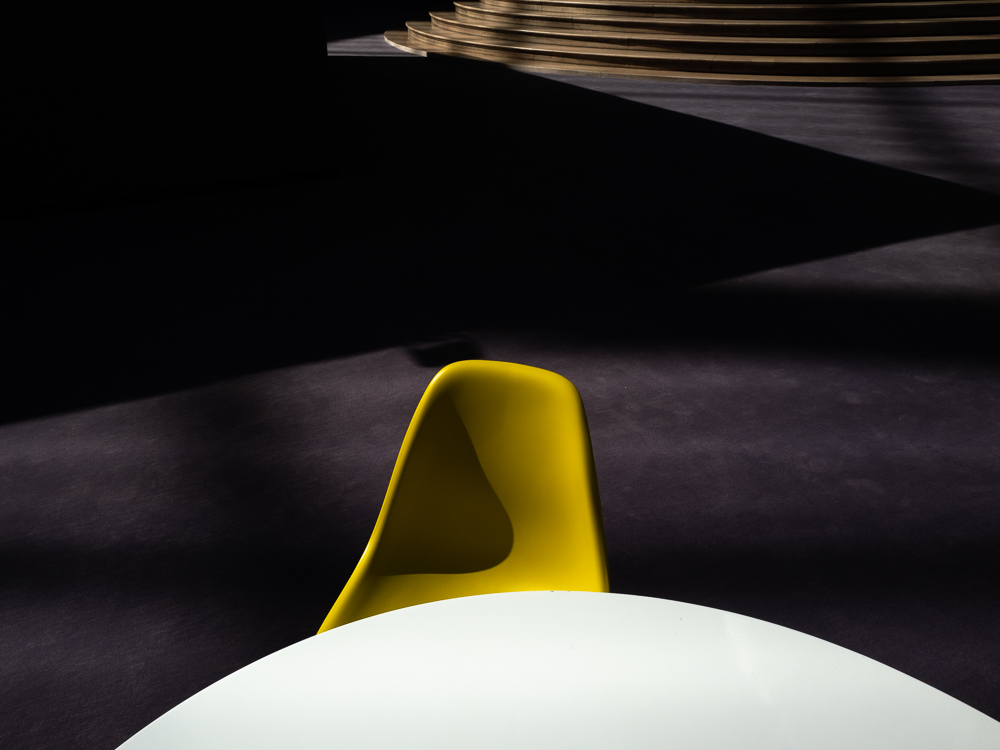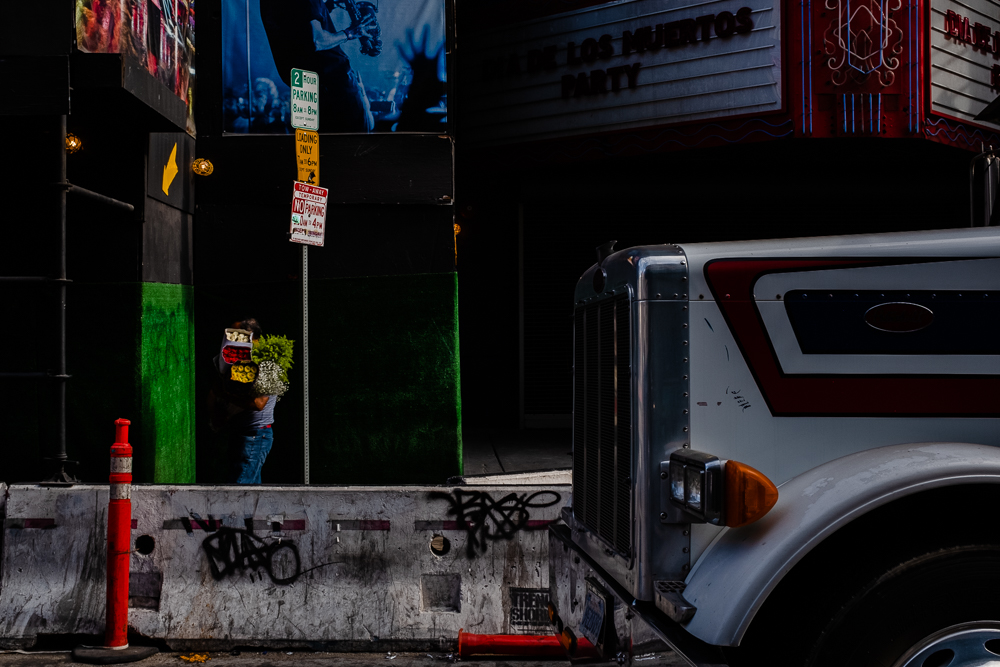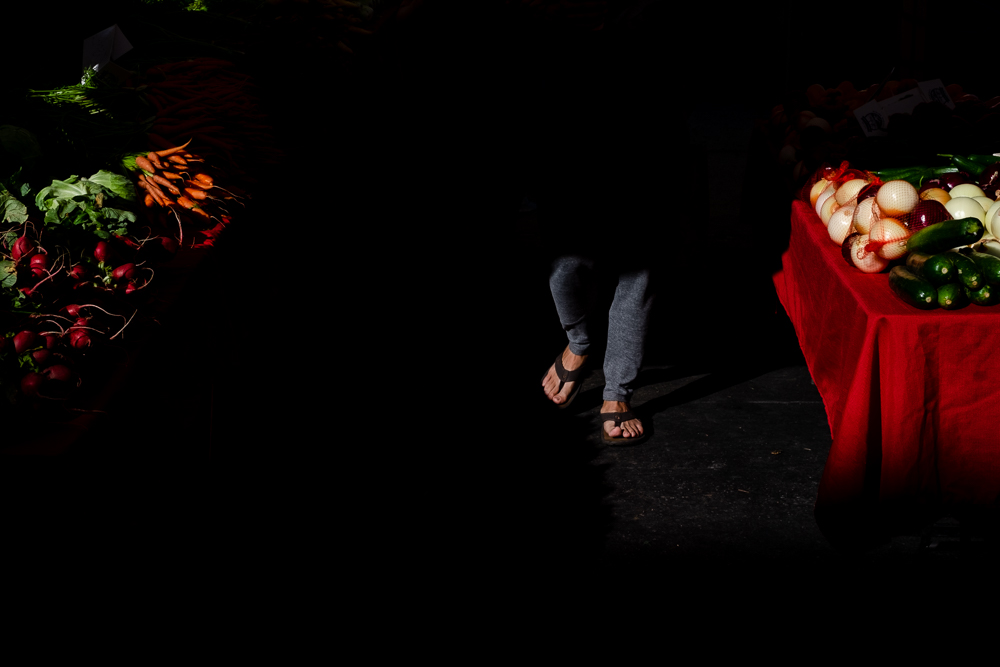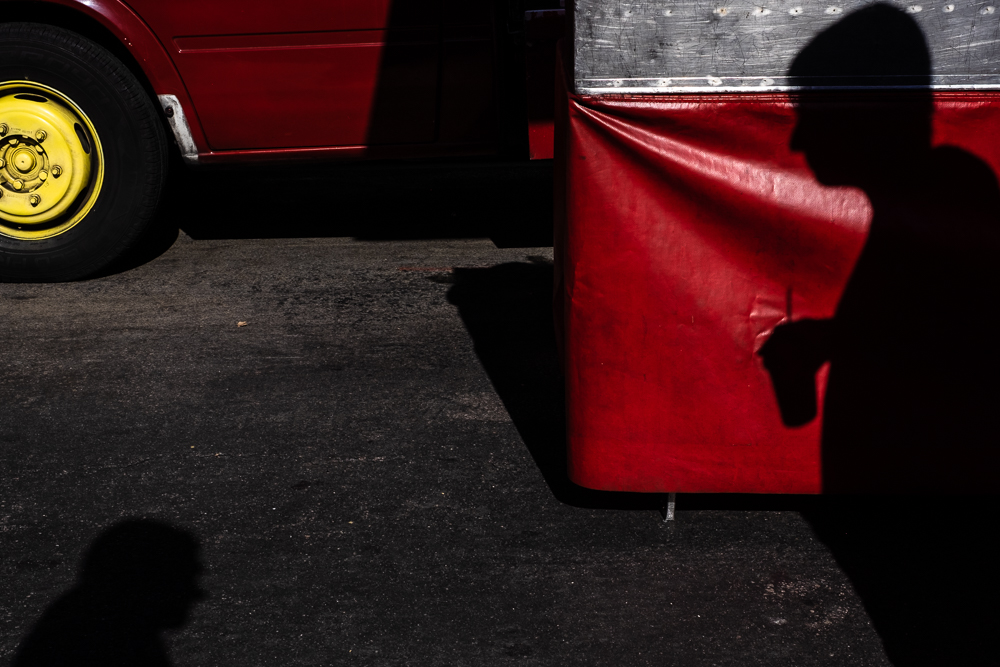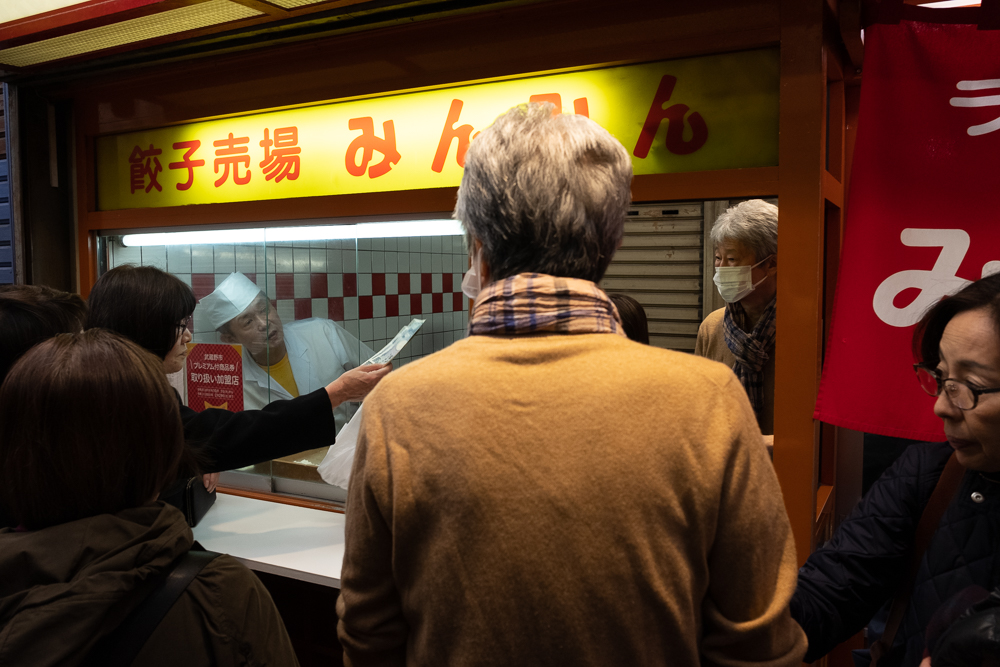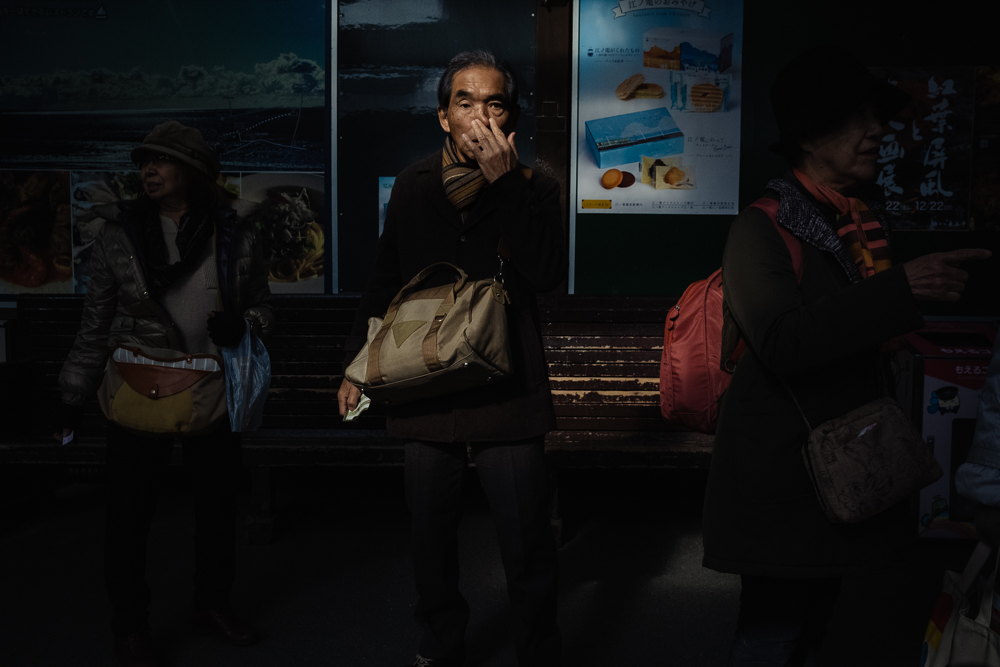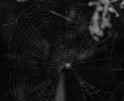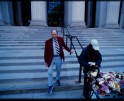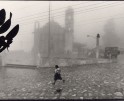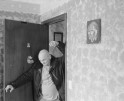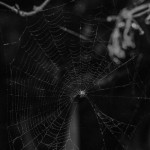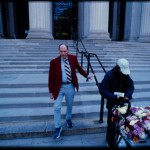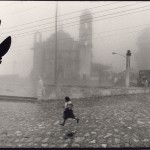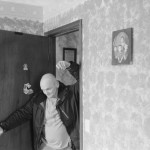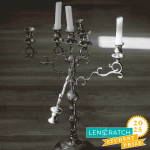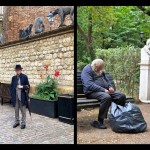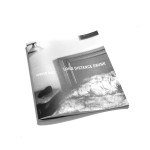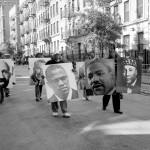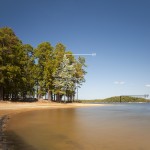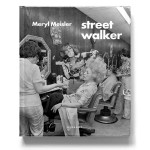Ibarionex Perello: The Candid Frame
Because today is Valentine’s Day and the 14th day of the month, I thought it was a good day to give some love and acknowledgement to my friend Ibarionex Perello and his 14-year effort, The Candid Frame, which features over 500 compelling and insightful podcasts on photography and photographers. When first meeting Ibarionex, it’s hard not to be drawn to his smile and shining eyes, or his stellar capture of street photography around the world, but it’s his deep resonate voice that seals the deal. I’ve listened to a lot of photography podcasts over the years and there is something different about The Candid Frame. As a host, Ibarionex brings a level of curiosity, humanity, and reverence to his investigations. The interviews are never cursory, but well-researched and meaningful and definitely worth a listen.
Ibarionex describes starting the podcast: After discovering podcasts in 2005, I was disappointed by the lack of a photography podcast that didn’t focus on gear. I was eager to hear conversations about the work, process and personal journeys. So, I decided to create the very show that I wanted to hear. In my various roles in the photo industry including that of a journalist, I was able secure guests for the show, and engage in in-depth and insightful conversations.
With over 500 episodes, the show has gained a following not because we have only interviewed high-profile photographers, but that we’ve introduced listeners to a diversity of photographers many of whom were emerging talents in their respective genres. It’s become a valuable resource not only for photographers, but anyone interested into the creative process.
An interview with Ibarionex follows.
Ibarionex Perello b. 1965 is the first of four children born to Dominican immigrants and was raised in Los Angeles. After earning a BA in English Literature from the University of California at Berkeley, he worked as a technical support engineer for Nikon Inc. He later served as the associate editor for Outdoor Photographer, Digital Photo and Digital Photo Pro magazines. Subsequently, he has worked as a freelance, writer and photographer as well as educator. Along with being a former adjunct professor at the Art Center College of Design, he has taught workshops in the United States, Europe, Africa and Japan. He has helped produce or has written six books on the subject of photography. Since 2006, he has served as the host and producer of The Candid Frame photography podcast.
Tell us about your growing up and what brought you to photography…
I was introduced to photography when I was 10 years old and a member of the Boys Club of Hollywood. One of the counselors restored an old darkroom and brought in two photojournalists to come in and show us how to use a camera, process film and make prints. After that, it was all that I wanted to do.
From there, I often borrowed my father’s camera and frequently pleaded with my parents to process all the rolls of color film I shot. As an adult, I’ve was lucky enough to have a career that revolved around photography. That’s included working as a technical support rep for Nikon and serving as an associate editor for Outdoor Photography and Digital Photo Pro magazines. For over a decade, I have worked as a freelance writer and photographer and have written six books on the subject of photography, the most recent being Making Photographs: Developing a Personal Visual Workflow published by Rocky Nook press. I have also taught photography workshops on the subject of street photography in the US and abroad.
What propelled you to start a podcast? What was involved and how did you build your audience?
At the time, I commuted from Pasadena to Brentwood which is about 30 miles one-way. The commute took about 2.5 hours, sometimes longer, each weekday. I looked for various ways to pass the time and in 2005 I found out about podcasts. I gravitated to podcasts about photography, but most of the shows focused on discussions of equipment and technique. There wasn’t much in the way of conversations about living a photographic life.
Because of my journalistic experience and my relationships with photographers, I thought I’d produce just such a show. So, I borrowed a friend’s digital audio recorder and conducted an interview with UN photographer John Isaac. I slowly developed all the skills for producing a podcast including editing audio, designing a website and a so much more.
The show’s audience grew primarily through word of mouth. I had an advantage in that I began production so early in the era of podcasting. It’s a lot harder as an independent produced podcast to stand-out and find an audience today, especially in such a narrow niche.
You are such an adept interviewer, what was a skill that grew over time or have you always had an intelligent curiosity about people and photography?
I think it began with my sincere curiosity about people. Though our conversations revolve around a shared interest in photography, I was always more interested in the personal stories, rather than focusing solely on equipment or career highlights. I wanted to hear more about the journey than merely about the destination.
My adeptness at interviewing has been rooted in my being exhaustive in my research for each guest before I sit down with them. I don’t work from a list of questions. I think about my first question and then allow the conversation to grow from there. I will make some mental points about things that I want to touch on, but I won’t write down the questions. I found that when I looked at my questions, I stopped listening. They served as a distraction. My guest had to have my complete attention because if I listened carefully enough, it led to an important follow-up question or took the conversation in a direction that I couldn’t have anticipated.
What was the most surprising interview that you’ve done?
The most surprising moment was when I interviewed photographer and fellow podcaster, Martin Bailey (martinbaileyphotographypodcast.com). During our interview he shared that he had just been diagnosed with brain cancer. I was completely caught off guard. I admired his willingness to announce this on the show. I believe that that it wasn’t just that we were friends, but that he trusted me to handle the news with dignity and respect. Thankfully, he fully recovered and he continues to photograph, travel and create his podcast, which began less than a year before mine.
What interview inspired you the most?
I can’t point to one particular interview. I’ve gained so much from all these conversations including those with my photographic heroes including Mary Ellen Mark, Sam Abell, Joel Meyerowitz, Eli Reed, Maggie Steber and so many others.
However, it’s often been the lesser known photographers who’s stories have really inspired and moved me. Many of these photographers have faced any myriad of challenges, but despite them they made the choice to pursue a photographic life in one way or another. For example, Ian MacDonald used photography to contend with PTSD related to work as an EMT in Canada. He’s used photography to not only heal himself, but also encouraged others living with ongoing mental health issues.
Have you garnered significant nuggets about the photographic journey that you can share?
Yes. You’re never completely ready to start, but you start anyway. That’s the lesson I’ve learned from my interviews, but I’ve also learned it as a result of producing the show for 14 seasons. No one back in 2014 would have hired me to produce a podcast. I knew nothing about audio engineering, websites, blogs, etc. However, I knew that if it was going to happen in the way I envisioned, I had to make the choice to do it. Despite those disadvantages and my own insecurity, I believed in my ability to figure it out. If I had waited to become completely knowledgeable in those areas, the show would never have happened. Someone else would have beat me to it and I likely would have used that as an excuse to even begin.
What’s next?
We just celebrated our 500th episode which featured a conversation with Joel Meyerowitz, a friend guest on the show. I intend to continue researching, interviewing photographers and releasing a new episode each week. The audience continues to grow with listeners on every continent. I have received hundreds of messages from these people on how the show has impacted both their personal and professional lives. Notes like that have kept me going during moments when time, energy and money are lacking.
Unfortunately, it’s not the only thing I do to make a living. The show is completely listener supported and those donations primarily go supplement the production of the show. I am not at a point where I give myself and my audio editor a salary. Until then, I’ll just keep making and promoting the show and introducing my listeners to exceptionally talented photographers.
And even if I only had a dozen listeners, I’d still do it, because besides going out to make my own photographs, there is nothing that excites me more than sitting down, turning on the mics and beginning a conversation with someone new.
Posts on Lenscratch may not be reproduced without the permission of the Lenscratch staff and the photographer.
Recommended
-
Anna Guseva: The Black Night Calls My NameJanuary 26th, 2026
-
Nathan Bolton in Conversation with Douglas BreaultJanuary 3rd, 2026
-
Suzanne Theodora White in Conversation with Frazier KingSeptember 10th, 2025
-
Jake Corcoran in Conversation With Douglas BreaultAugust 10th, 2025
-
Student Prize 2025: Top 25 to WatchJuly 20th, 2025

